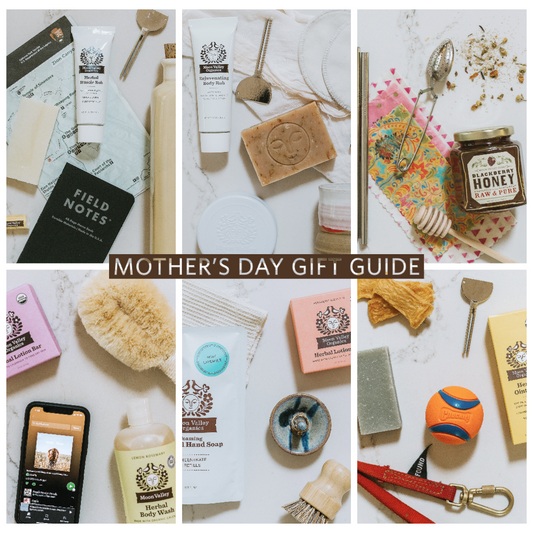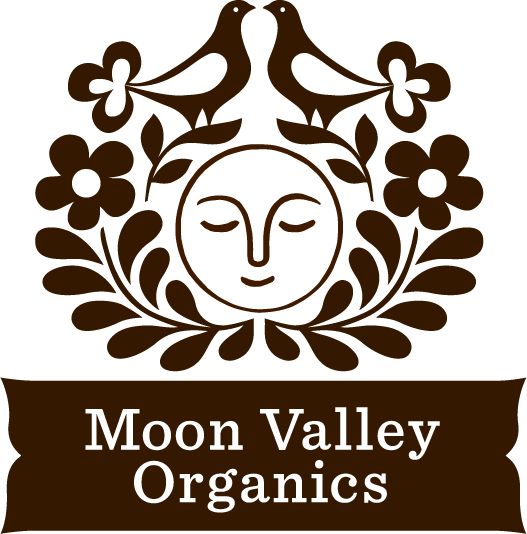News
FATHER'S DAY GIFT GUIDE
No matter if he's a adventure dad or a dog dad - he deserves the #1 Dad award this Father's Day! Shop our Father's Day Gift Guide for all the...
FATHER'S DAY GIFT GUIDE
No matter if he's a adventure dad or a dog dad - he deserves the #1 Dad award this Father's Day! Shop our Father's Day Gift Guide for all the...

MOTHER'S DAY GIFT GUIDE
No matter if she's a new mom or a dog mom - she deserves to be spoiled this Mother's Day. Shop our Mother's Day Gift Guide for all the moms...
MOTHER'S DAY GIFT GUIDE
No matter if she's a new mom or a dog mom - she deserves to be spoiled this Mother's Day. Shop our Mother's Day Gift Guide for all the moms...
What is a Shampoo Bar?
Shampoo bars are the best natural hair care product for both you and the planet. Commercial liquid shampoos strip hair with detergents and coat it with silicones. The best natural...
What is a Shampoo Bar?
Shampoo bars are the best natural hair care product for both you and the planet. Commercial liquid shampoos strip hair with detergents and coat it with silicones. The best natural...
WWOOF
You’ve seen the acronym WWOOF on our website and social media and probably thought to yourself “What in the world does WWOOF mean??”. WWOOF stands for World Wide Opportunities on...
WWOOF
You’ve seen the acronym WWOOF on our website and social media and probably thought to yourself “What in the world does WWOOF mean??”. WWOOF stands for World Wide Opportunities on...
B Corporation Certification
On March 6th, 2014, Moon Valley Organics signed a Declaration of Interdependence and became a Certified B Corporation, also known as a B Corp. What is a B Corp you...
B Corporation Certification
On March 6th, 2014, Moon Valley Organics signed a Declaration of Interdependence and became a Certified B Corporation, also known as a B Corp. What is a B Corp you...
National Honey Bee Day!
To some, the bee is a feared pest that evokes anxiety, when in actuality the honeybee is a divine and essential creature in our ecosystem and food chain. The...
National Honey Bee Day!
To some, the bee is a feared pest that evokes anxiety, when in actuality the honeybee is a divine and essential creature in our ecosystem and food chain. The...
